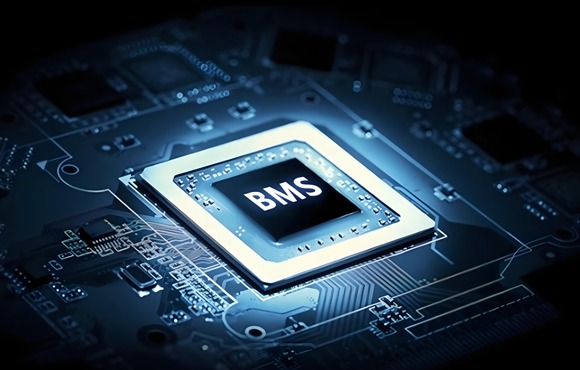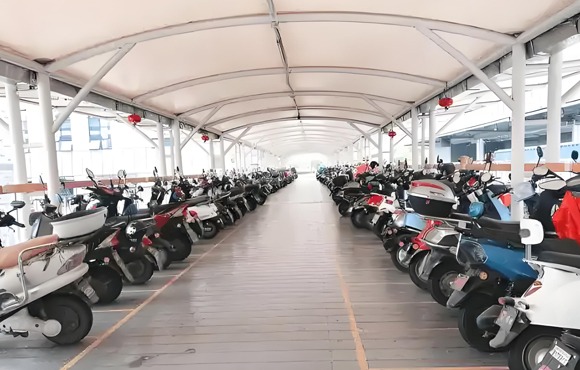BMS (Battery Management System) Protection Board Policy Overview
2024-09-24 15:20:121106Hippo
With the rapid development of the new energy industry, the importance of battery management system (BMS) as a core component of electric vehicles, energy storage systems and other power equipment has become increasingly prominent. As a key part of BMS, the BMS protection board is responsible for key functions such as monitoring battery status, ensuring battery safety, and optimizing the charging and discharging process. In order to ensure the quality, safety and environmental performance of the BMS protection board, governments and industry organizations have formulated a series of policies and standards, mainly covering the following aspects:
1. Standards and specifications
Policy overview: Formulate and promote unified standards and specifications for the design, production, testing and application of BMS protection boards to promote the standardized development of the market.
Implementation points: Including the adoption of international standards (such as ISO and IEC standards), the formulation and implementation of national standards, and the promotion of industry standards, to ensure that the BMS protection board meets unified requirements in various indicators.
2. Technical requirements
Policy content: Clarify the specific technical requirements of the BMS protection board in hardware design, software development, performance parameters, etc. to ensure its efficient and stable operation.
Key elements: Including but not limited to high-precision voltage and current detection, accurate SOC (state of charge) estimation, balanced control strategy fault diagnosis and protection mechanism, etc.
3. Safety performance
Policy focus: Strengthen the safety performance requirements of BMS protection board, prevent safety hazards such as overcharging, over-discharging, short circuit, overheating, etc., and ensure stable operation of the system.
Implementation measures: Formulate strict safety test standards, including electrical safety, thermal safety, mechanical safety and other aspects, and conduct comprehensive evaluation and certification of BMS protection board.
4. Charge and discharge management
Policy goal: Optimize the charge and discharge management strategy of BMS protection board to improve battery efficiency and extend battery life.
Key strategies: Including intelligent charging algorithm, dynamic balancing control, overcharge and over-discharge protection, thermal management, etc., to achieve precise control and optimized management of battery status.
5. System reliability
Policy requirements: Improve the system reliability of BMS protection board, ensure normal operation in harsh environment, and reduce failure rate
Implementation methods: Improve the fault tolerance and long-term operation stability of the system through redundant design, fault prediction and health management (PHM), and selection of high-reliability components.
6. Recycling
Policy orientation: Encourage environmentally friendly design and recycling of BMS protection board to reduce resource consumption and environmental pollution. Specific measures: formulate recycling standards, promote the use of environmentally friendly materials, establish a recycling network for waste batteries and BMS protection boards to promote the recycling of resources.
7. Low-carbon and green
Policy concept: Promote the low-carbon and green development of BMS protection boards and related technologies, and help the world cope with climate change.
Implementation strategy: Reduce carbon emissions in the production, use and recycling of BMS protection boards through measures such as energy efficiency improvement, energy conservation and emission reduction, and clean energy application.
8. Standardization and internationalization
Policy goals: Strengthen the standardization and internationalization of BMS protection boards, and promote the interconnection and common development of the global market
Implementation path: Actively participate in the formulation and revision of international standards, and promote the alignment of domestic standards with international standards: Strengthen international exchanges and cooperation, and enhance the international competitiveness and influence of my country's BMS protection board technology.
In summary, the BMS protection board policy system covers a wide range of aspects from standard specifications, technical requirements to safety performance, system reliability, to recycling, low-carbon green and standardization and internationalization, aiming to comprehensively improve the quality level and market competitiveness of BMS protection boards, and provide strong guarantees for the sustainable and healthy development of the new energy industry.



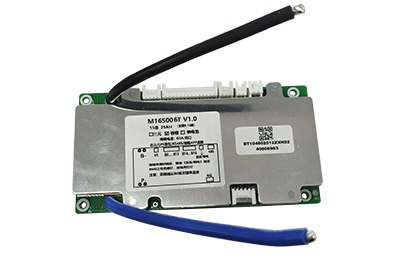 Hippo M16S006T lithium battery protection board supports 9-16 series 60A ternary mobile power protection board
Hippo M16S006T lithium battery protection board supports 9-16 series 60A ternary mobile power protection board
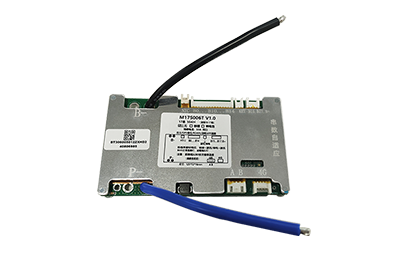 Hippo M17S006 lithium battery protection board 17 series 80A power protection board
Hippo M17S006 lithium battery protection board 17 series 80A power protection board
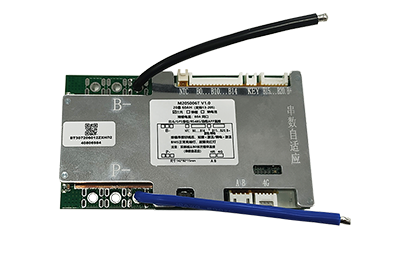 Hippo M20S006T lithium battery protection board ternary 13-20 series 100A power protection board supports GPS positioning 4G module
Hippo M20S006T lithium battery protection board ternary 13-20 series 100A power protection board supports GPS positioning 4G module
